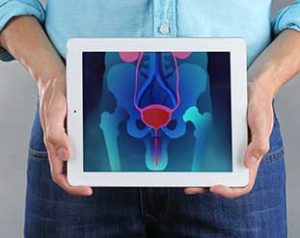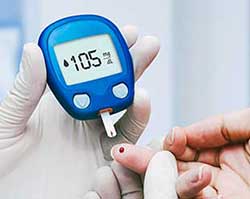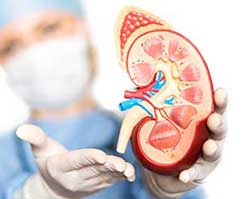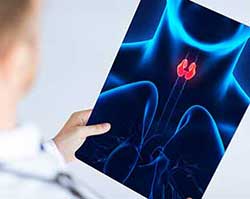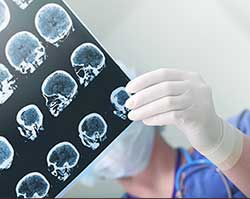Consult City's Top Doctors, The Minute You Need To
First Consultation starting
@ ₹249 ₹499
14261
General Physicians
5337350
Cases done
by General Physicians
2248
Hospitals
Hyponatremia: In a Nutshell
About
Hyponatremia, also known as low sodium, is a medical condition that occurs when the concentration of sodium in the bloodstream comes down to unhealthy levels.
- Drinking excess amounts of water is the primary cause for low sodium in the body. [1]
- Not self-diagnosable
- Treatable by a medical professional
- Laboratory testing and/or imaging are required
- Low sodium is a short-term medical condition that goes away within days to weeks.
- The amount of water content and the sodium content should be maintained in a specific ratio. When the water content increases and the sodium remains the same, it results in this condition. Sodium is an important electrolyte for the body, it helps to maintain the balance of water in and around the cells.
Symptoms
This medical condition cannot be self-diagnosed. However, one can check for muscle weakness, headache, and loss of energy as potential symptoms. Hyponatremia occurs because of excessive drinking of water. However, it can also occur owing to underlying medical conditions. Some symptoms of hyponatremia are as follows:
- Vomiting and nausea
- Headaches
- Confusion
- Seizures
- Fatigue
- Muscle weakness, spasms, or cramps
- Restlessness and/or irritability
Treatment
Self-care
To avoid low sodium, avoid drinking water in excess. If you are not feeling thirsty and the color of your urine is pale yellow, then do not drink any more water. Further, drink liquids containing electrolytes instead of plain water when taking part in endurance based sports activities.
Medications
Certain medications to control the symptoms experienced because of low sodium may be prescribed. Drink beverages containing electrolytes to regain sodium in your body.
Specialist
Your doctor could recommend the use of intravenous fluids to gradually raise levels of sodium in your blood. This would require being admitted to a hospital for constant monitoring of sodium-levels by the medical staff present.
Still confused? Don’t be! Visit www.mfine.co and talk to a doctor.
Other Specialities
Give a missed call to 08061914343 to Download the App








